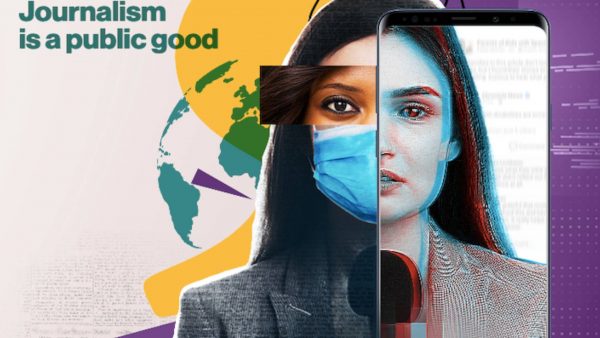Introduction
The debate over what media regulation in Ethiopia should look like was settled by the country’s new media law, at least from a legislative standpoint. A non- statutory co-regulatory framework gave the country’s media an opportunity to self-regulate. While fervent ethnic nationalism, communal conflict and displacement continue to challenge Ethiopia’s political transition, the country has been going through democratic transformation over the past three years opening up for more inclusion of broader sectors in society. As a result of the ongoing comprehensive reform program and changes in the policy landscape, actors in the media sector coordinated efforts to introduce legal and administrative measures that would increase the role of self-regulatory bodies in the media governance process in the country.
The fundamental question of how to operationalize a robust and functional self-regulatory mechanism for the media sector, which had been systematically weakened by decades of authoritarian control, remains a challenge. Strong state regulation and repression are etched in the institutional memory of media organizations. The difficult task of safeguarding public trust is further complicated by continued political ownership of the sector. Even though the new media proclamation prohibits political ownership of the media, in practice, Ethiopia’s government is a majority shareholder in the news business followed by its political opponents who also finance, run, and operate media outlets directly or indirectly.
The process of creating a voluntary media accountability mechanism through the establishment of strong professional ethical practice is often a long and arduous journey. In Ethiopia, a decade-long effort by stakeholders in the media sector and international actors led to the formation of the Ethiopian Media Council (EMC) in 2016. Since then, more than 50 media organizations have become members of the EMC. However, the self-regulatory body is still struggling to become fully operational. While it is necessary to have media self-regulatory institutions up and running, by no means does this mean a functioning system of self-regulation is actualized.
To realize this, it is important to have a step-by-step process of sector-wide engagement in the operationalization of self-regulation since such structures are new to the country. This, in turn, entails a process of stakeholder engagement informed by local, regional and international experience aimed at forging a path towards consensus. Strengthening the self-regulatory mechanism in Ethiopia is crucial at this particular time. The country’s new media law provides an alternative to government regulation provided that media self-regulatory structures prove their effectiveness in enforcing their code of conduct.
According to the media law, such requirements include functional and effective mechanisms for “a voluntary peer review and learning process used by media institutions by setting up and abiding by editorial guidelines, professional ethics and code of conduct to enhance professional expertise and devise a mechanism to entertain complaints and insure public accountability.” This study attempts to identify major challenges and opportunities in operationalizing a voluntary media accountability ecosystem that effectively investigates complaints through a process of peer-review.
Click for more: Self-regulation publication

